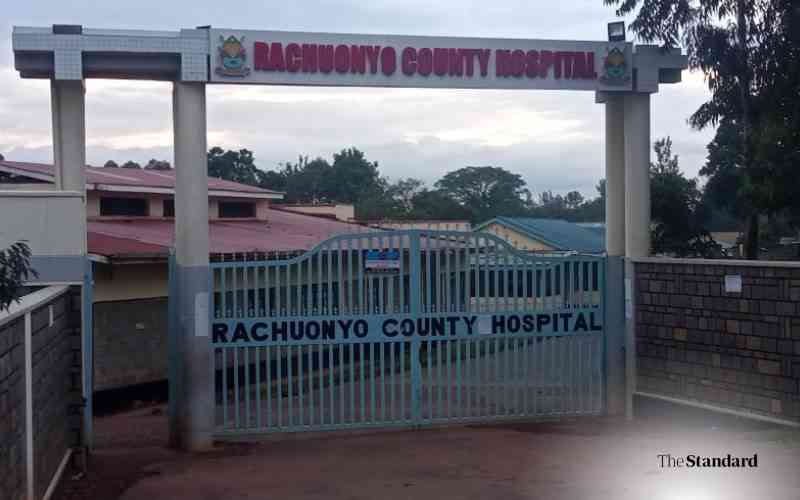How Nigeria is Becoming a Blockchain Powerhouse in Africa
When talking about the global blockchain revolution, most people think about Silicon Valley, Asia’s crypto hubs, or even El Salvador’s Bitcoin experiment. Not many would even consider Nigeria, which is a major omission as this country is fast becoming one of the foremost players in the blockchain and crypto space.
In Nigeria, blockchain isn’t just about investing in the latest meme coin. Africa’s 4th largest economy and most populous nation, Nigeria is also one of the most corrupt countries on the planet. For millions of its people, blockchain is a way to beat inflation, bypass broken financial systems, and unlock access to the global digital economy. From Lagos to Abuja to Enugu, developers, students, traders and entrepreneurs are building on the blockchain—not because it’s trendy, but because it works and is often the only solution that works.
For many, the blockchain explosion in Nigeria of all places has been a surprise. However, there are several reasons why it seems almost inevitable. The first one is the young population. Over 60% of Nigeria’s population is under 25, making it the youngest country in Africa. Combine that with widespread smartphone usage and you’ve got a generation ready to adopt and embrace digital solutions.
Next is economic pressure. With inflation almost regularly in double digits, the population is struggling and is forced to turn to Bitcoin and stablecoins to protect their savings. Limited traditional banking access is also an issue, as a vast portion of Nigerians lack access to modern banking and blockchain is the only banking solution at hand for many of them. Finally, Nigerians are known for their entrepreneurial culture and have a thriving startup scene trying to develop and exploit blockchain infrastructure.
The result is a country that constantly ranks top 10 globally for crypto adoption, with $59 billion received in cryptocurrency value between July 2023 and June 2024.
Remittances and peer-to-peer payments are one of the biggest real-world uses of crypto in Nigeria. A huge chunk of $20 billion Nigerians from abroad sent back home comes in the form of crypto, as they try to avoid dealing with the Nigerian central bank.
Blockchain has also played a big role in Nigeria’s growing online gaming and casino scene. The young population spends a lot of time online playing games. iGaming is very prevalent in the country. Some of the world’s best Litecoin casinos are very popular in Nigeria, due to LTC’s low fees and quick confirmation times.
Web3 applications are experiencing a boom in both Nigeria and Africa, with startups like Nestcoin leading the charge. Although not entirely blockchain-based fintech startup Sudo Africa is also playing a major role, enabling seamless card issuance. A pan-African crypto exchange Yellow Card is another blockchain enabler, offering fiat on-ramps in multiple currencies, including the naira.
The Nigerian government has a complicated love/hate relationship with crypto. In February 2021, the Central Bank of Nigeria (CBN) effectively banned banks from facilitating crypto transactions. The goal was to eradicate cryptocurrencies from the country’s financial system, however, it didn’t quite work out. People continued to use them, only changing the way they conduct transactions, migrating to peer-to-peer platforms, and bypassing the banking sector.
In the same year, CBN launched eNaira, one of the world’s first central bank digital currencies (CBDC). Unfortunately, people were reluctant to use it, preferring stablecoins like USDT. Lack of trust in the government was often cited as the main reason for eNaira’s adoption.
Recently though, things have started to improve, as the Nigerian Securities and Exchange Commission (SEC) has been working on a regulatory framework to govern digital assets, including taxing them. It may take a while to implement it, but it is definitely a step in the right direction.
The main reason for massive crypto adoption in Nigeria isn’t just another tech trend. Instead, it represents a lifeline for millions of people and that is why it is so popular among the masses. As younger people enter the workforce, the speed of adoption will only increase. It is hard to see the future of blockchain in Nigeria as anything but bright.
*












